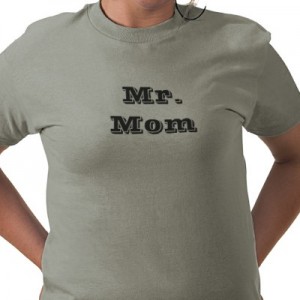On Monday night, I came home after another long, two-week trip abroad and, like the last time around, I was worried. A month ago, when I went away, Sasha pretty much forgot who I was. Or, well, she had some vague idea, but was overall miserable—and that wasn’t really a great feeling for me.
This time, things went a hell of a lot better. First, I came home to find I live in the 4th best neighborhood in NYC, and the trees on my block were in full pink, green, and white bloom.
Then I got Sasha up in the morning, and after she stared me in the face for a while, she seemed to make a decision: I was okay. And so was she—more than okay. In the two weeks I was gone, I’d missed an ear infection and other assorted miseries, but still, she’d grown. Her face was rounder, and she laughed easily. She played games: ironic peekaboo, let’s close the front gate on Dad, brush your teeth with yogurt.
And what’s more, she’d learned things. Before, she refused to hold hands when she walked, as if it showed she wasn’t capable of getting by solo. Now she’ll hold my hand no problem. She blows kisses good-bye. She has a self-possession that seems new.
Would I have noticed this if I’d been around all this time? Or would it have slowly crept up on me, unnoticed? I guess this is the advantage of going away. I get to skip some of the bad stuff, and take extra note of the good.
So: Dad + travel = awesome!

